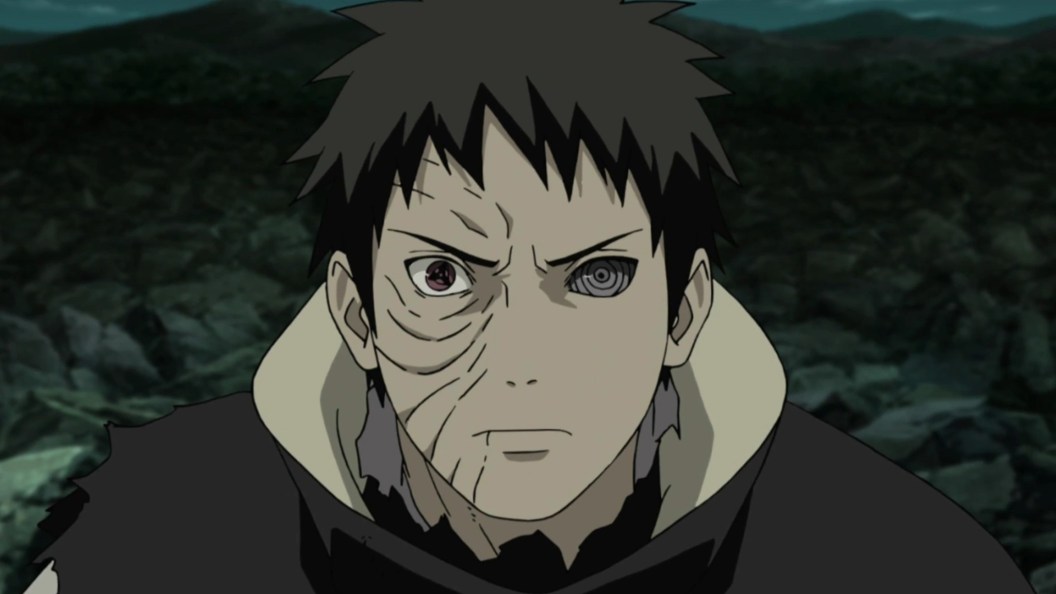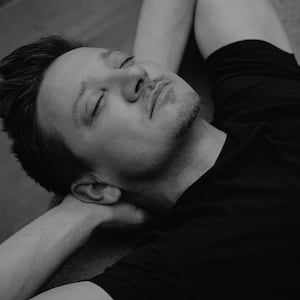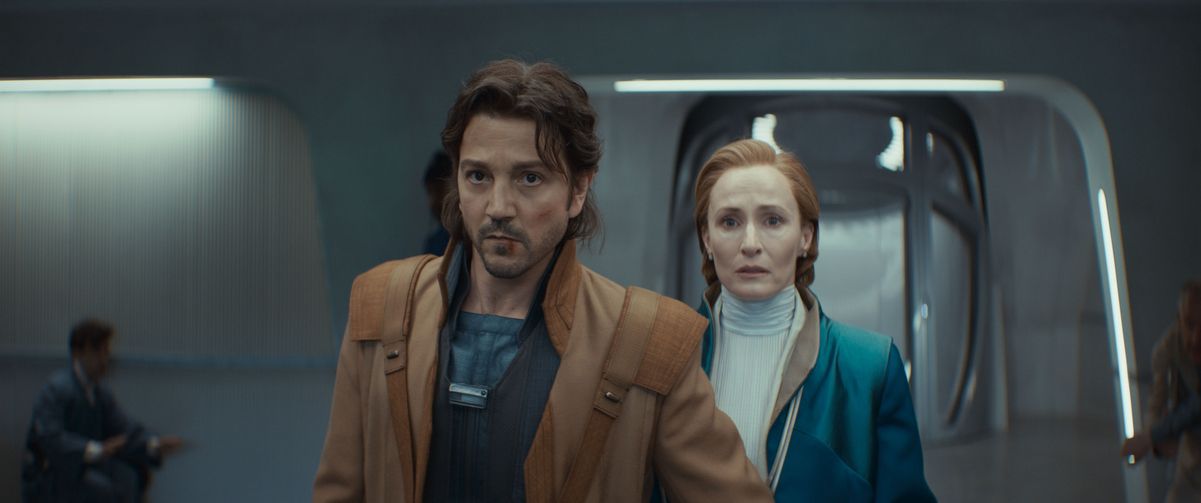Watching Edward Berger’s hit Vatican thriller last year, I found it hard not to think of Pope Francis. The story is fictional, based on Robert Harris’ 2016 novel, published three years into Francis’ papacy. But one key character in the film is a Mexican archbishop working in Kabul, Afghanistan, a reformer calling on the church to focus on those marginalised and historically excluded by the institution.
Plenty separated the character from the sitting Pope, who died Monday, the day after Easter. But such a simple yet eloquent on-screen activist could recall only Francis, the first Latin American cleric to assume the papacy. He drew both admiration and controversy, based largely on his concern for the poor, immigrants and refugees; his calls for environmental stewardship; and his efforts on behalf of gay and lesbian Catholics.

That work inflamed more conservative wings of the church while endearing him to many, Catholic or not, who saw a new way forward in his life and teachings. And that also made the Pope an unlikely movie star. Francis may have been the most cinematic pope, with fictional and documentary representations of him proliferating during his 12-year papacy.
Some of those films were made by and for Catholics, including the 2013 documentary , produced by the Knights of Columbus; Beda Docampo Feijóo’s 2015 , a biographical drama about his pre-papal days; and Daniele Luchetti’s 2015 (“Call Me Francis”) which concentrated on his work as “the People’s Pope”. But many of these movies weren’t really aimed at an audience of the devout. Instead, they show the source of Francis’ wider appeal.
His attention to issues of social and cultural import gave filmmakers a way to approach him as a screen character, not just a religious leader. Here are six such films, which help frame Francis’ legacy and illuminate why he made such an appealing subject. The documentary , which premiered at the Cannes Film Festival in 2018, is a remarkably intimate glimpse into the Pope’s thinking, straight from his own lips.
Director Wim Wenders spends little time filling in biographical details. Instead, Francis speaks at length – both directly and winsomely – about the matters that concern him and why. He talks about his travels, the way he approaches world leaders and the philosophical and theological underpinnings of his work.
It has become cliched to say that a documentary is a “portrait” of its subject, but Wenders’ film really is: Francis is often seen in a medium shot, alone in the frame, talking frankly to the audience. The aim, it’s clear, is to give a sense of the Pope as possessing both integrity and a gently human touch. Directed by Fernando Meirelles, received Oscar nominations for Anthony McCarten’s screenplay (based on his own play); supporting actor Anthony Hopkins, who plays Pope Benedict XVI; and Jonathan Pryce, who stars as Francis.
The film is an imagined encounter between Benedict, who is experiencing a crisis of faith while also considering stepping down from the papacy, and Francis, then still Jorge Mario Bergoglio, who spends a day conversing with Benedict about matters of faith, doctrine and history. The film is often funny and wonderfully humanising, with a section that explores Bergoglio’s own misgivings about an episode in his past. But the greatest strength of lies in how it sheds light, through fiction, on divisions in the Roman Catholic Church between a traditionalist wing and a more progressive one.
It’s like watching two eras collide, then pray for each other. (And then watch soccer.) was directed by documentarian Evgeny Afineevsky, whose work often explores the effects of conflicts on people in countries such as Syria and Ukraine.
For , Afineevsky looked at Francis’ responses to contemporary social issues, especially his concern for and visits with displaced and persecuted people. In the film, Francis meets with Rohingya Muslims displaced from Myanmar. He visits a refugee camp on the Greek island of Lesbos and brings Muslim refugees to Italy.
In 2018, Francis had infuriated clergy-abuse victims by downplaying their concerns; in the film, he meets with a few survivors and asks for forgiveness. The Pope’s demonstrated engagement with global injustices, the film suggests, challenges the broader church to consider its role in the world as well. Most movies about Francis make some mention of his concern for environmental issues, but focuses directly on them.
In his 2015 encyclical titled (“Praise Be to You”), the Pope called the world to action, criticising those who put profits over people and noting that climate change has a broad range of “grave implications: environmental, social, economic, political and for the distribution of goods.” For , director Nicolas Brown worked with activists from regions not often included in the environmental conversation – the Amazon, India, Senegal and Hawaii – as they prepare to meet with the Pope. It’s another look at a religious leader who saw his faith as extending far beyond the boundaries of tradition, and challenged others to do so as well.
Francis travelled a lot in his time as Pope, often using deliberately simple methods of transportation so that he could be closer to the people. follows his extensive trips during the first nine years of his pontificate – 37 visits to 53 countries. Some footage from director Gianfranco Rosi’s documentaries about displaced people – and – is incorporated into the film alongside Francis’ speeches, which often include exhortations to care for migrants as well as the poor and disenfranchised.
Rosi doesn’t shy away from some of the controversies that Francis created, instead crafting a portrait of a man on the move, traversing the world as a minister of his faith. Equal parts pulpy and thoughtful, was a favourite with audiences and awards voters. As Francis’ successor is chosen in the coming months, it’s likely to be popular once again: a suspenseful drama starring Ralph Fiennes as a cardinal trying to do what’s right in the midst of a power struggle for the papacy.
Eventually, one cardinal seemingly modelled at least in part on Francis, Benitez (Carlos Diehz), becomes a key player. Although this film, like , points to divisions in the church’s leadership over gender and sexuality, power dynamics and the meaning of faith, it’s also just a straight-up thriller with a startling conclusion. It’s a little silly, sure.
But it’s also stirring and a reminder of what is at stake for the church going forward..
Entertainment

The six films that show the cinematic appeal of Pope Francis

He may be the unlikeliest of movie stars, but throughout his papacy Francis has fascinated dramatists and documentarians alike. Here are some of the finest.















